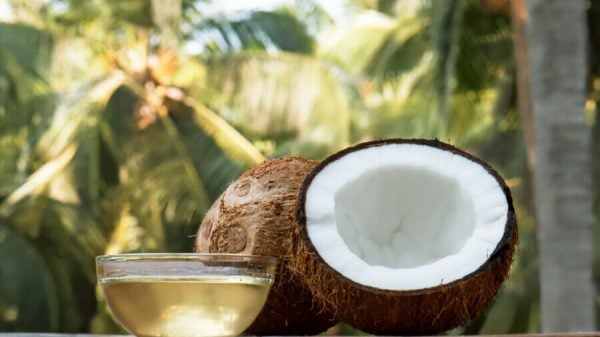Sugar can’t be a replacement for sleep.
Indulging in sweet treats is a common pleasure for many individuals. The taste of sweetness is pleasant, and sugar can offer a quick energy boost when you’re feeling tired. However, if you find yourself frequently craving sugary snacks, you might be overdoing it. As children, we are often advised to consume sugar in moderation. Despite this, persistent drowsiness can result in an endless cycle of seeking that instant energy rush. The issue here is not solely the sugar itself, but the underlying problem of chronic fatigue.
Recent research conducted at Columbia University’s Irving Medical Center reveals that individuals, particularly women, tend to crave more sugary foods when they are sleep-deprived. This poses a significant risk, as poor sleep habits coupled with excessive snacking can contribute to conditions like obesity and diabetes.
Approximately one-third of the 500 female participants in the study reported experiencing sleep disturbances or insomnia. These individuals frequently consumed an additional 500 to 800 calories per day in the form of sugary and caffeinated products.
It is theorized that insufficient sleep can disrupt hormonal levels, particularly affecting hunger-regulating hormones in the hippocampus region of the brain. To prevent overindulgence in snacks, ensuring adequate sleep is crucial. Consistency is key in maintaining healthy sleep patterns. Avoid consuming stimulating foods and engaging in active pursuits close to bedtime. Additionally, create a dark and cozy sleeping environment. Persistent sleep issues should be addressed with a physician.










